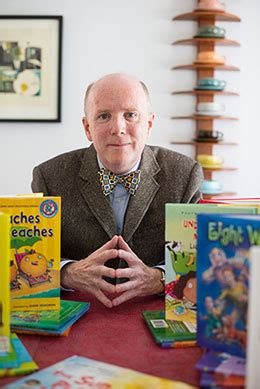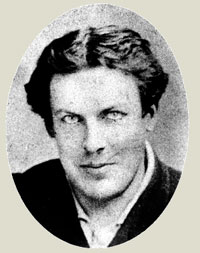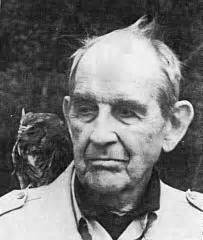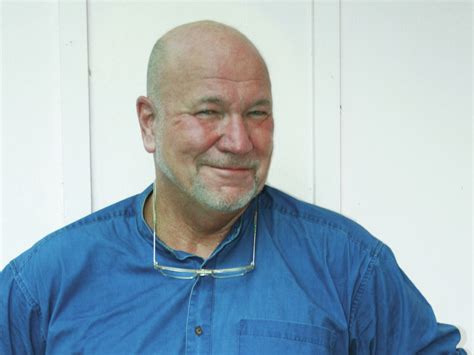A Quote by Brian P. Cleary
I like all things grammatical, and I had already written several books about parts of speech, and even the alphabet, so everything that makes up a sentence and even a word was covered except for punctuation.
Related Quotes
I've had every chemo in the alphabet, most of them more than once. Some of them that aren't even in the alphabet, they're just numbers - clinical trials. But I bet if you added all those up, it would have to be like 60- or 70-something. I've had 23 bone marrow aspirations. Having one isn't fun and I've had 23. So that's been tough.
Native speakers of a language know intuitively whether a sentence is grammatical or not. They usually cannot specify exactly what is wrong, and very possibly they make the same mistakes in their own speech, but they know-unconsciously, not as a set of rules they learned in school-when a sentence is incorrect.
The young adult literature is relatively new - it just kind of exploded in the 2000s. When I grew up, there weren't bookstores with sections dedicated to teen lit, nor was my generation raised reading books written specifically for us. Because of that, today we still think of books for teens as children's books and so when you write a book that includes sensitive topics, it just seems even more controversial. What's troubling to me about that is these are issues adults know that teens deal with. Not writing about them makes them something we don't, or can't talk about.



































